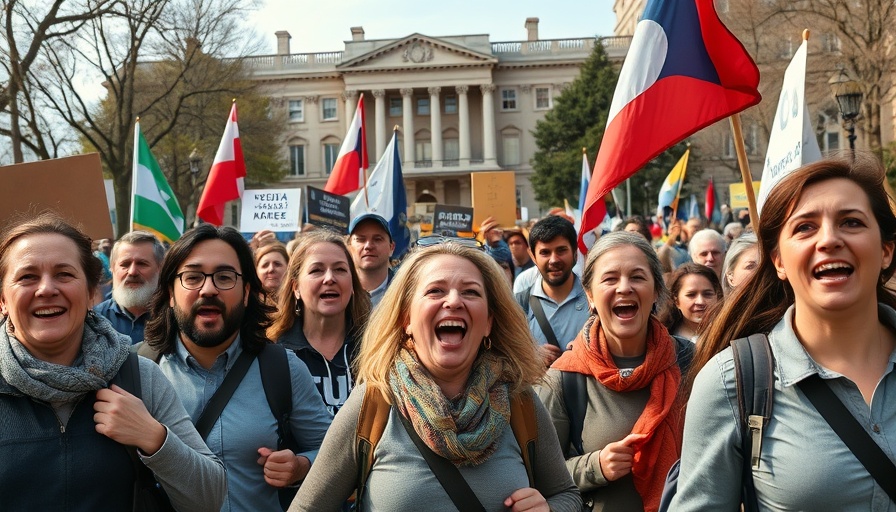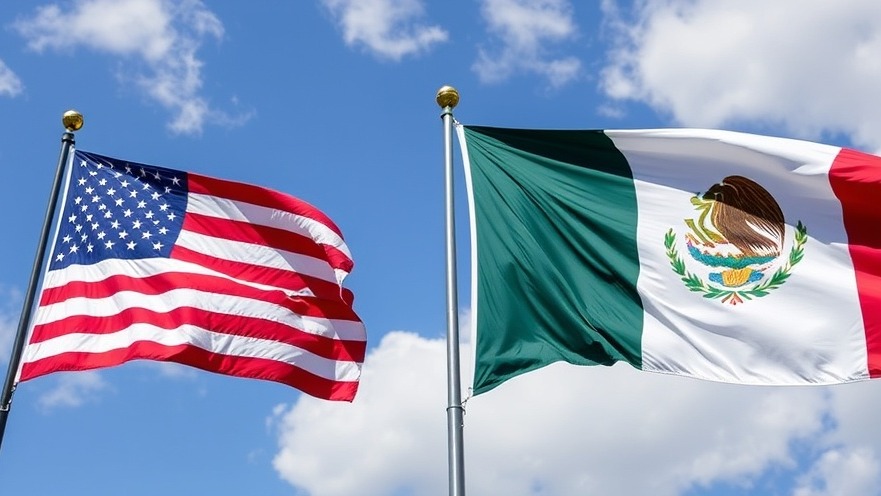
A Controversial Case: Student’s Pro-Hamas Views Spark National Debate
In a striking turn of events, a Cornell University student known for his pro-Hamas stance has chosen to self-deport rather than face removal by the Trump administration. This case sheds light on the complex intersection of freedom of speech and immigration law in the United States, provoking discussions that extend beyond the campus and into the national discourse surrounding radical ideologies and their implications.
Understanding the Legal Landscape
The backdrop to this issue is the legal battle initiated by the Cornell student against the Trump administration, which sought to issue his removal based on his controversial political activities and statements. Such cases raise critical questions about the limits of free speech on university campuses and the responsibilities of institutions to balance safety and academic freedom. Legal experts note that the Trump administration’s policies aimed to tackle perceived threats from individuals seen as endorsing anti-American sentiments or terrorist organizations.
The Emotional Impact on Campus Environments
This situation does not merely concern legal ramifications; it also resonates deeply within the community at Cornell University and beyond. Students and faculty have expressed divided opinions, reflecting broader societal tensions. Many students feel that allowing such views to promote hatred contradicts the values of inclusion and respect for diversity that universities endeavor to uphold. On the other hand, there are voices advocating for the protection of political dissent, highlighting that universities should serve as arenas for debate and discussion, even when opinions are highly contentious.
Comparative Perspectives: Lessons from Other Countries
Looking beyond the U.S., countries like France and Germany offer alternative models in addressing radical ideologies within educational institutions. These nations have implemented measures that empower universities to curate discourse while ensuring a platform for diverse viewpoints. Such international frameworks can provide insights for American institutions grappling with similar challenges in a globalized world where cultural exchanges can lead to conflict.
Future Perspectives: The Path Ahead for Universities
As the conversation surrounding free speech and radical ideologies continues to evolve, universities must adapt swiftly to the changing landscape. The implications of this case underscore an urgent need for proactive policies that foster open dialogue while ensuring that the safety and well-being of all students are preserved. Experts suggest that universities should facilitate better cultural competence programs to prepare students for engaging with challenging perspectives, aiming to create an environment where constructive debate can flourish.
Call to Action: Reflecting on Free Speech
The situation involving the Cornell student is a poignant reminder that guarding the right to free speech in academic settings demands perpetual vigilance. As we engage in future conversations, let’s consider how we can embody the spirit of open dialogue and mutual respect while promoting values that reflect our national character. For readers and community members, this is an invitation to reflect on how we can participate constructively in these conversations, fostering a culture of respect and understanding both on campuses and in our broader communities.
 Add Element
Add Element  Add Row
Add Row 



Write A Comment